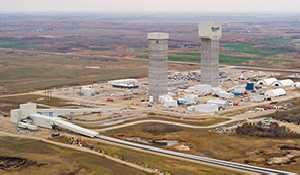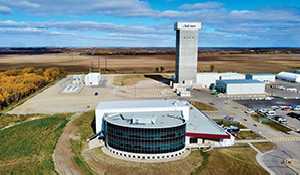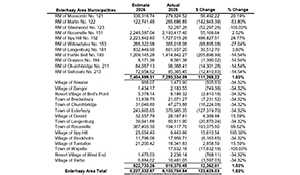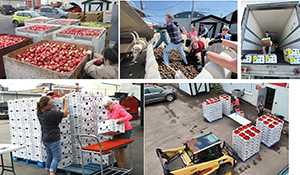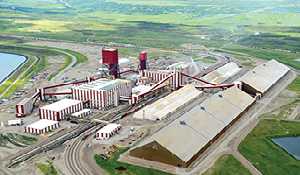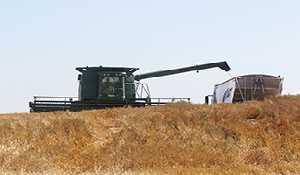Federal tax changes could cost farmers
August 17, 2017, 5:51 am


The federal government’s proposed tax reform on private corporations has received negative reaction from doctors, lawyers, accountants, and small business owners who would impacted by the changes, but there’s another group in line for a tax surprise once their busy summer season is over.
About one-quarter of all farms in Canada are family farm corporations, meaning the shares are held by family members. Their number has been growing rapidly, even as the overall number of farms has fallen: There were 43,457 family farm corporations in 2016, up from 28,854 in 2001.
A main reason for the increase is the tax advantages of incorporating, and many banks and accounting firms have specific guides for farmers. Even the Ontario Agriculture Ministry has a guide that suggests farmers consider incorporating once their family’s income reaches $75,000.
Accountants who specialize in farming are sounding alarm bells over Ottawa’s proposed changes, which were unveiled on July 18 for 75 days of consultation. For many farmers, the timing is in the middle of their busy growing and harvest season.
“Trust me; it is time to visit your MP,” wrote Allan Sawiak, a farm tax specialist with Edmonton-based KRP, in a letter sent to clients and to agriculture groups across the country. “Your lobbying efforts up to October 2nd are critical at this stage to shape the tax issues surrounding your farm and all Canadian farms.”
The government says its reforms are aimed at tax avoidance by the wealthy, who increasingly use private corporations as tax shelters. As an example, family members can be named as shareholders to allow a high-earner to split his income and lower his tax bill.
But business groups have said the proposed new rules are too complicated and will unfairly punish small business owners.
Business groups also have argued that tax advantages corporation owners enjoy balance out the advantages public employees receive in defined benefit pensions and other benefits unavailable to independent business owners.
For farmers, the new rules could hit them in at least two major ways, tax experts say.
First, a further restriction on income-splitting through a “reasonableness test” (family members would need to show they’ve earned the money through work or investment) may be difficult to apply in a family farm environment, where family members often do work in informal ways.
“There’s a huge degree of uncertainty in the draft legislation,” said Graham Heron, a senior tax partner with MNP. “Reasonableness has not been defined, and they haven’t provided any interpretive aid.”
But the change that could really hit farmers is the narrowing of the lifetime capital gain exemptions for qualified farm property, which applies up to $1 million. Currently, farmers can use family members in a variety of ways to reduce capital gain taxes when selling shares or farmland, including to their own children.
In its consultation paper, the government says the current rules allow the exemption to “be claimed by several members of the business principal’s family in circumstances where those individuals may not have effectively contributed to the business.”
The proposed new rules -- such as disqualifying capital gains earned by minors and restricting the use of family trusts for the exemption -- could mean farmers take a big hit on their retirement plans.
“A family trust is a great tool for succession planning and transition planning, but now basically with these proposed changes, the income tax benefits of a trust have sort of been kicked to the curb,” said Kurt Oelschlagel, an agri-business tax specialist with BDO Canada.
Darren Swann, a MNP accountant, said the tax hit would vary by farmer, but it could be as much as $240,000 if someone falls afoul of the new rules and loses the total $1 million exemption.
"The salient point is that many estate or succession plans that have been put in place may need to be revisited," he said.
Industry groups are still studying the proposed changes and preparing next steps, said Scott Ross, farm policy director for the Canadian Federation of Agriculture.
"It's pretty clear to me that this has a significant potential to increase the tax burden facing family farms, and more than anything, increasingly complicate intergenerational farm transfers," Ross said. "One of the bigger issues I see is the complexity of the rules and the changes, and how quickly everyone needs to get their heads wrapped around this."
Heron warned that with some of the proposed changes kicking in almost immediately, farmers need to find their voices on it soon.
"The art of taxation, it was once said, is the art of plucking the most feathers from the goose with the least amount of squawking…If they don’t take notice of this and take the opportunity to raise their concerns, it may well be that they wake up on January 1 of 2018 and they’re substantially — 60 or 70 per cent — worse off than they were before."










